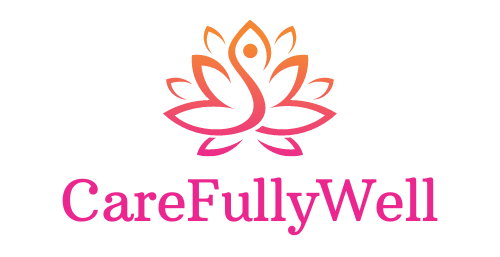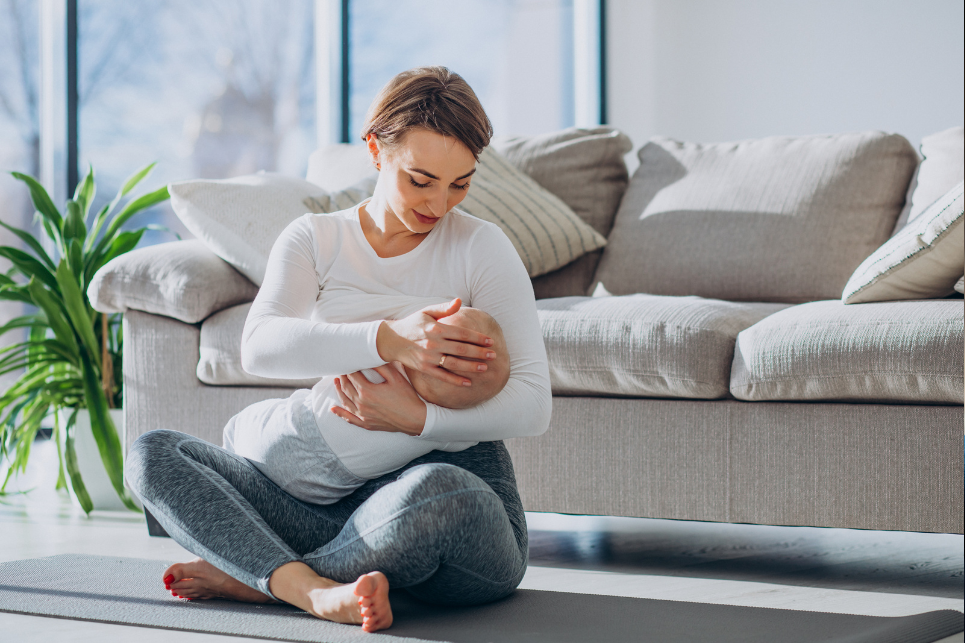In the hustle and bustle of our modern lives, finding moments of calm and clarity has become increasingly essential. The practice of mindfulness and meditation offers a sanctuary for our minds, nurturing mental well-being and helping us navigate the challenges of daily life. In this blog post, we’ll explore the profound benefits of mindfulness and meditation, delve into their scientific underpinnings, and provide practical tips to incorporate these practices into your daily routine. Let’s embark on a journey of self-discovery and inner peace.
Understanding Mindfulness and Meditation:
- Mindfulness: At its core, mindfulness is about being fully present in the moment. It involves paying attention to your thoughts, feelings, and sensations without judgment. By cultivating mindfulness, you can reduce stress, enhance self-awareness, and improve emotional regulation.
- Meditation: Meditation is a deliberate practice that encourages relaxation, focus, and mental clarity. It comes in various forms, such as mindfulness meditation, loving-kindness meditation, and transcendental meditation. Meditation can lead to reduced anxiety, increased attention span, and improved overall well-being.
The Science Behind Mindfulness and Meditation:
Numerous scientific studies have explored the impact of mindfulness and meditation on the brain and mental health. Research shows that regular practice can:
- Reduce Stress: Mindfulness and meditation help lower cortisol levels, the body’s stress hormone, leading to decreased stress and anxiety.
- Enhance Brain Structure: Meditation has been linked to changes in brain structure, particularly in areas associated with memory, self-awareness, and compassion.
- Improve Emotional Regulation: Mindfulness practices teach individuals to respond to emotions more skillfully, leading to better emotional regulation and resilience.
Practical Tips for Incorporating Mindfulness and Meditation:
- Start Small: Begin with just a few minutes of meditation or mindfulness each day and gradually increase the duration as you become more comfortable.
- Create a Sacred Space: Designate a quiet, peaceful place for your practice, free from distractions.
- Use Guided Apps: There are many meditation apps available that provide guided sessions, making it easier to get started.
- Breathe Mindfully: Focus on your breath as you inhale and exhale. This simple practice can be done anywhere, anytime.
- Be Patient: Remember that mindfulness and meditation are skills that improve over time. Don’t be discouraged by wandering thoughts.
Conclusion: A Journey to Inner Peace
Mindfulness and meditation are not just ancient practices; they are powerful tools for nurturing your mental well-being in our fast-paced world. By embracing these practices and integrating them into your daily life, you can cultivate inner peace, reduce stress, and enhance your overall mental health. The journey to mindfulness and meditation is a journey towards a happier, healthier, and more fulfilled self. So, take the first step today and explore the transformative power of your own mind.






Leave a comment